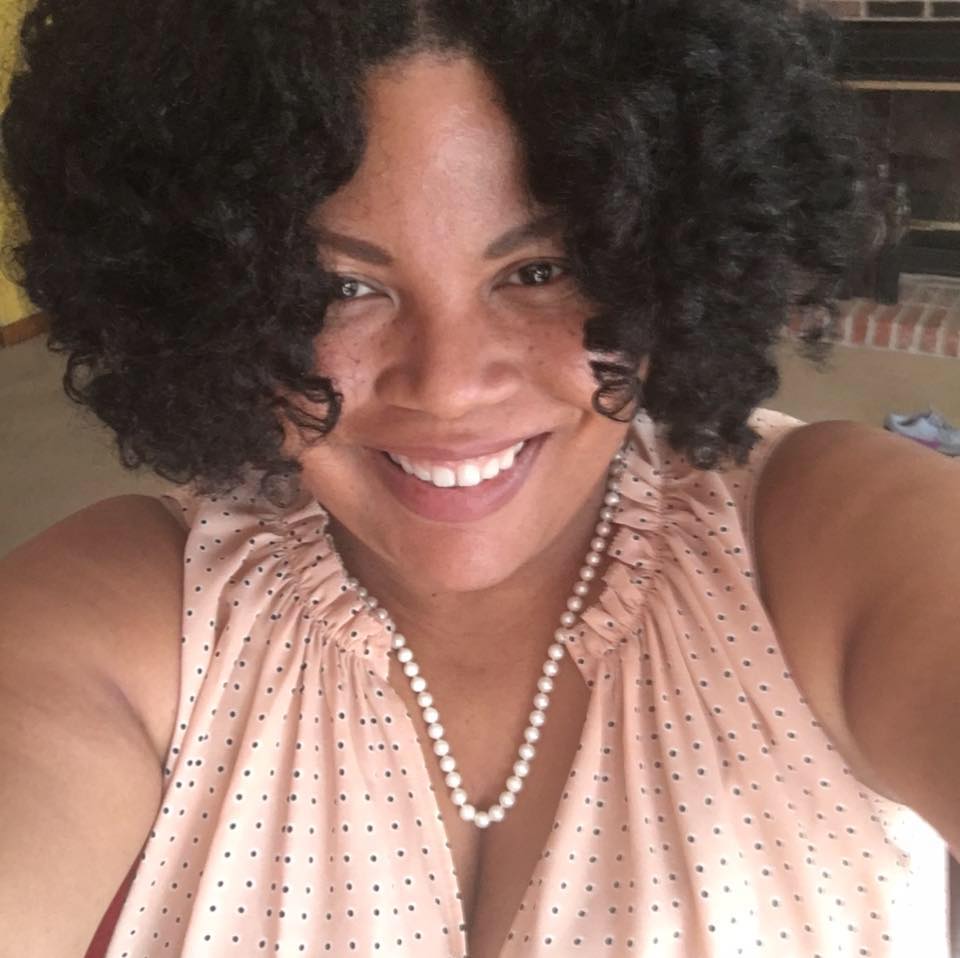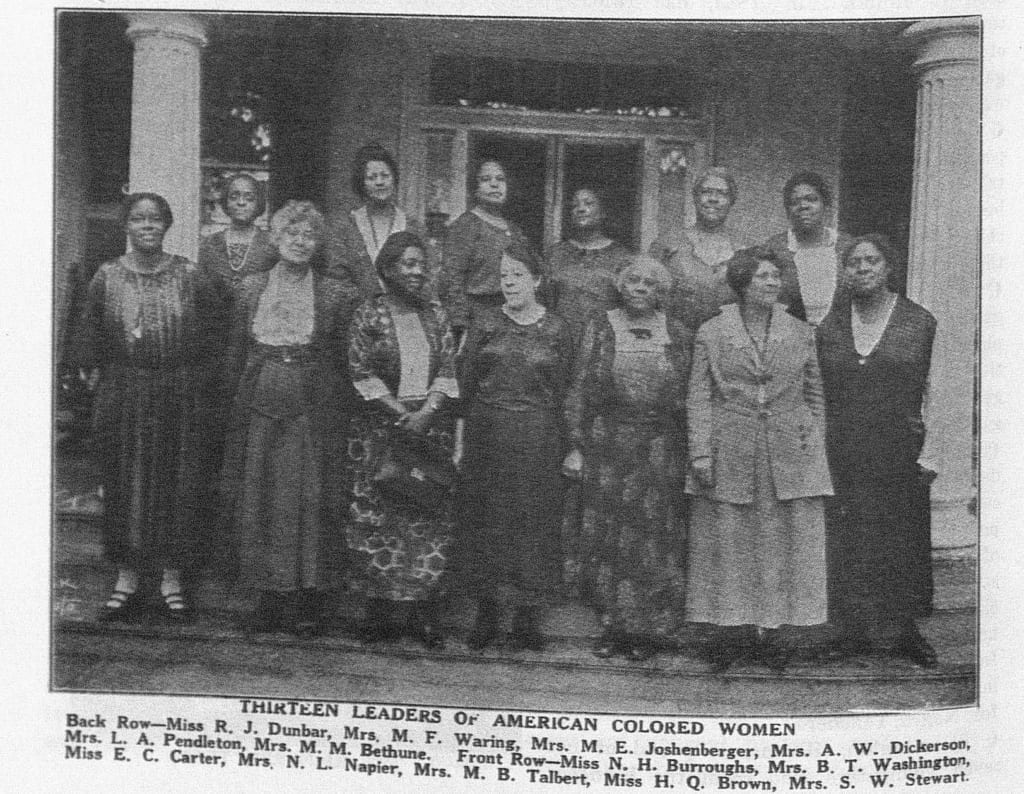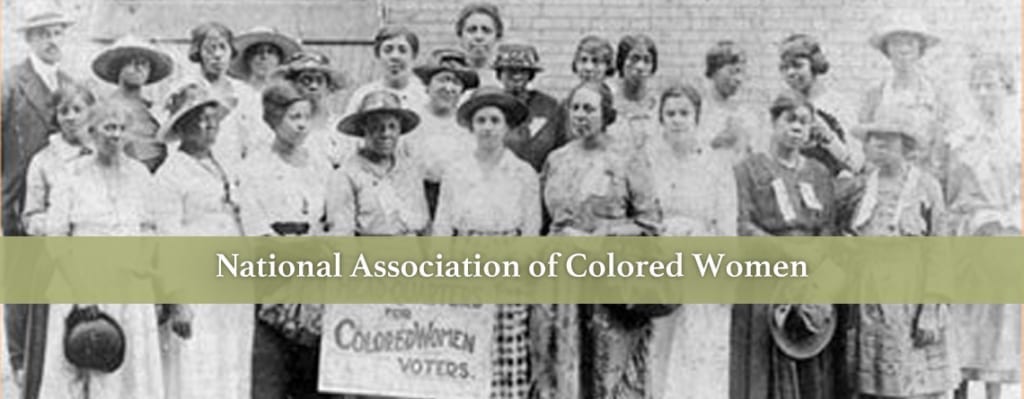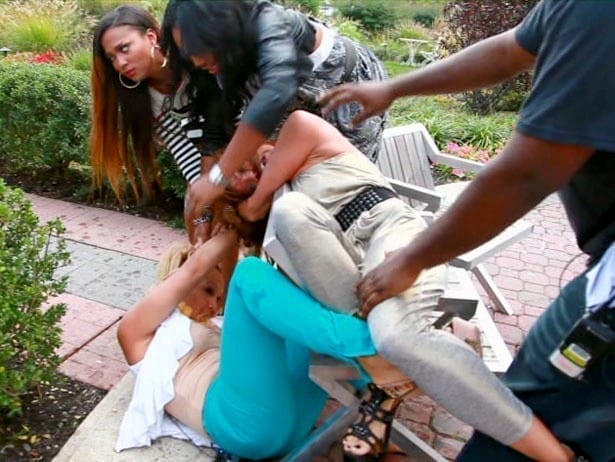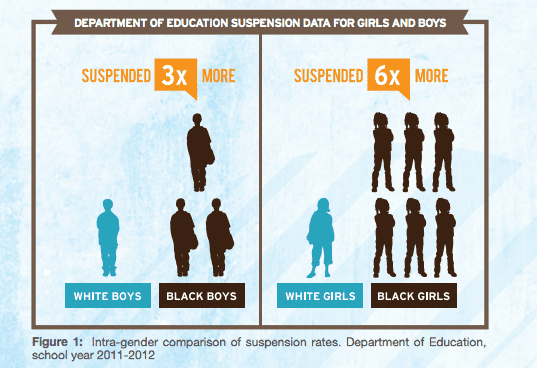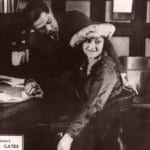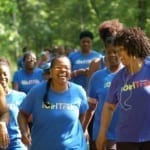“In search of my mother’s garden, I found my own” wrote Alice Walker in her seminal essay about artistic Black women who graced this Earth with very little, if any, fanfare.
Their works were often forgotten, their voices muted, their styles co-opted, and in the case of Zora Neale Hurston, their bodies were buried without tombstones.
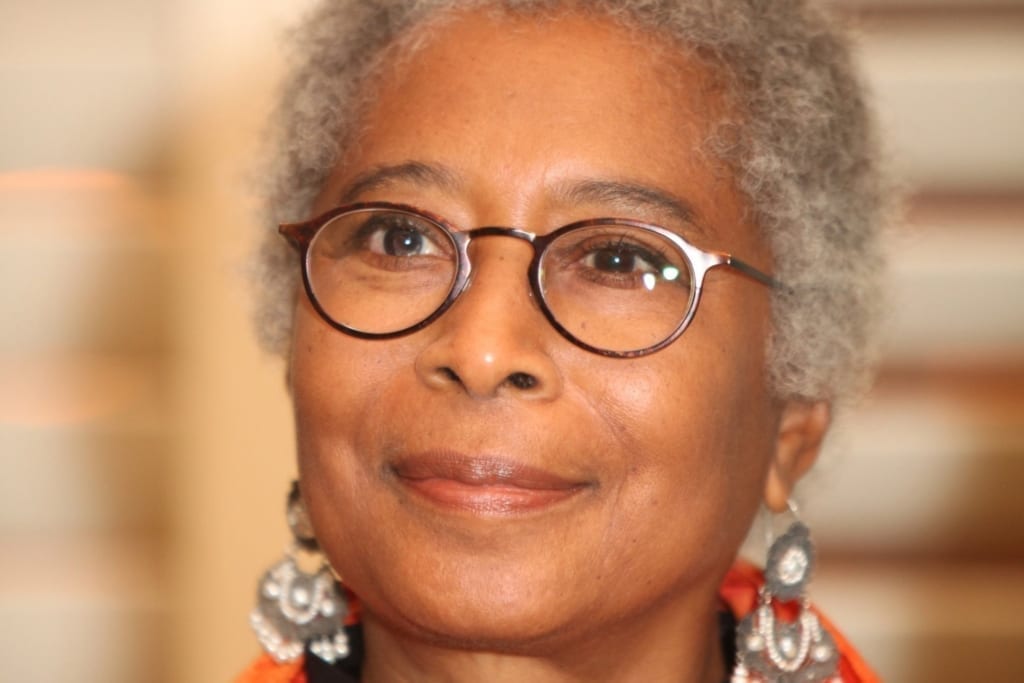
As Walker immersed herself in the life stories of other Black women, she came to understand her voice and the power that we relinquish when we don’t honor our own.
I think of my literary foremothers often, especially in our current cultural environment. There has been a lot of discussion as of late about Black women—our fragility, our magic, our invisibility, our power. These are private conversations turned public that are long overdue.
In many ways, we are reclaiming the genius that we call Black female creativity and we are doing it in spaces that once denied our very existence.
The only problem with reclaiming things is that we sometimes forget the people who came before us who tilted the infertile soil that made it possible for us to pave the roads that we now call our own.
In particular, I am reminded of a group of Black women who served as the Mount Rushmore of Black womanhood. You may know them as individuals, but not many of us know about the group that they formed together.
Harriet Tubman, Frances E.W. Harper, Margaret Murray Washington, Ida B. Wells, Mary Church Terrell and Josephine St. Pierre Ruffin were each powerful in her own right, but collectively, they created a movement called the National Association of Colored Women (NACW) that would sweep this nation. And they did it with the motto, “Lifting as we Climb” as their guiding light.
(For today’s readers, this would be the equivalent of Oprah, Beyoncé, Michelle Obama, Maxine Waters, and Toni Morrison coming together and using their collective platforms for one cause.)
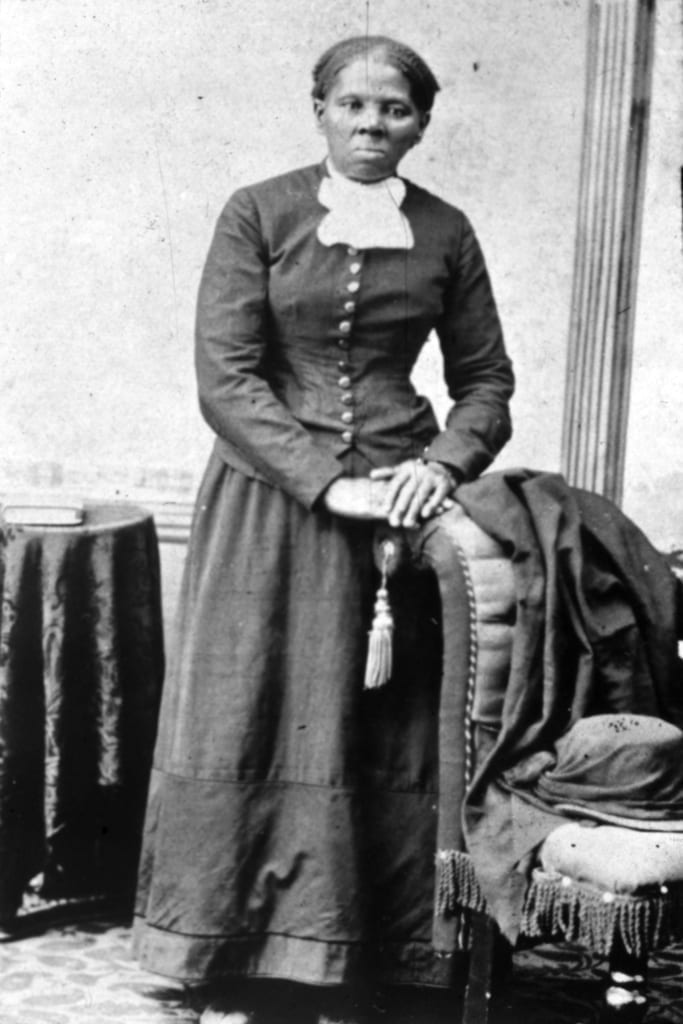
Tired of the injustices being espoused by white southern journalists who viewed Black women with disdain and wrote scathing articles that called into question their humanity and morality, these women said enough is enough.
Rather than just sitting around pontificating about the problem and shifting blame, they decide to do something about it.
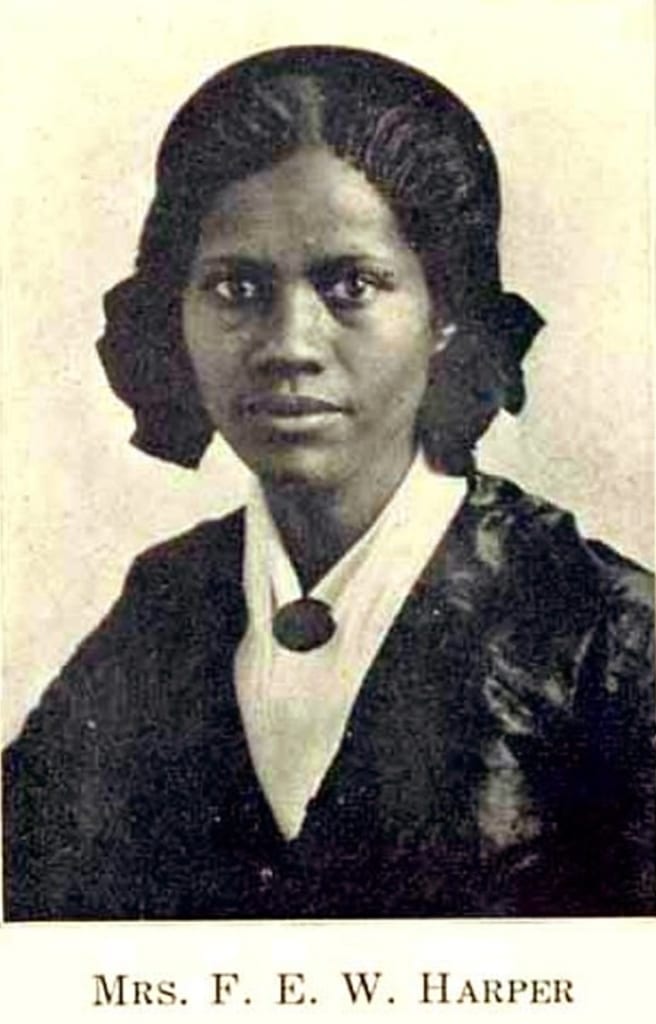
They were strategic. Washington D.C. was the organization’s launching point, but to have real impact, the women knew that the clubs needed to touch every segment of Black America from its urban epicenters to its rural and remote corners.
As the word spread about the clubs, they started sprouting up in cities across America.
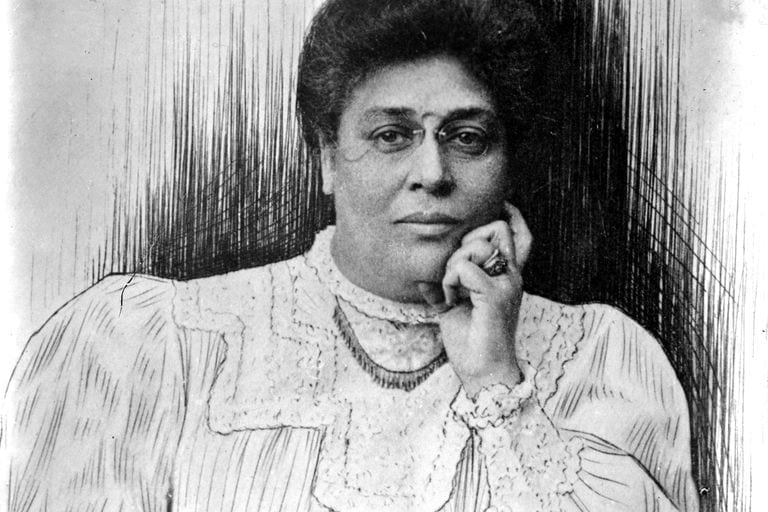
Their purpose was intentional and their mission was specific—leverage the power of Black women as mothers, wives, consumers, educators, business owners, intellectuals, and thought leaders to change the ways in which Black people were treated in America.
This was before the NAACP, before any Black sorority was founded and before Black women could even vote.
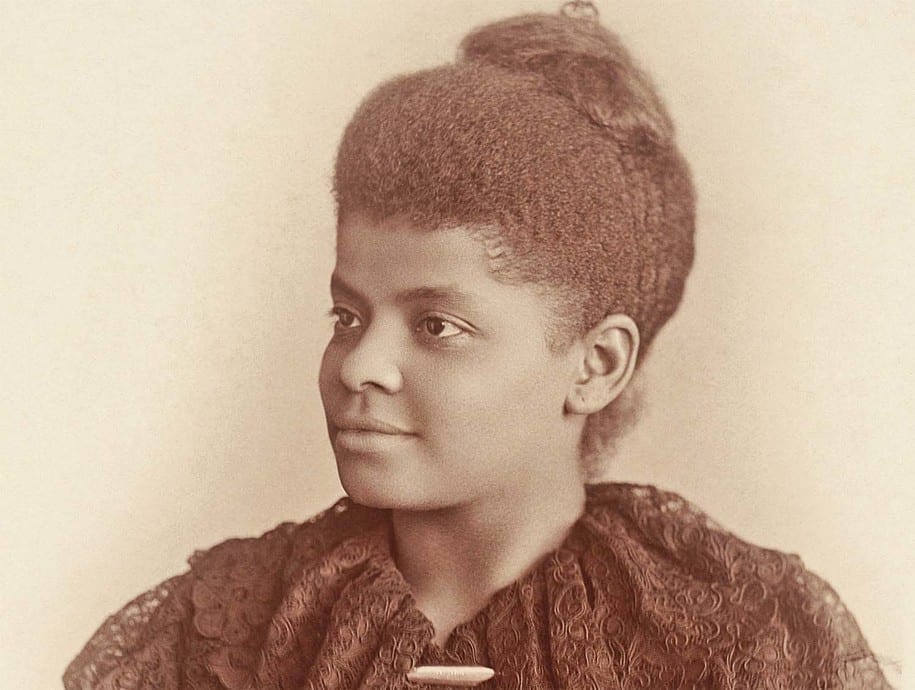
With an emphasis on culture, politics, education, and voting rights, the NACW once had over 300 clubs across America.
They made a profound impact on how Black women were viewed and perceived in the public eye before fading into obscuring in the 1930’s as America’s culture shifted.
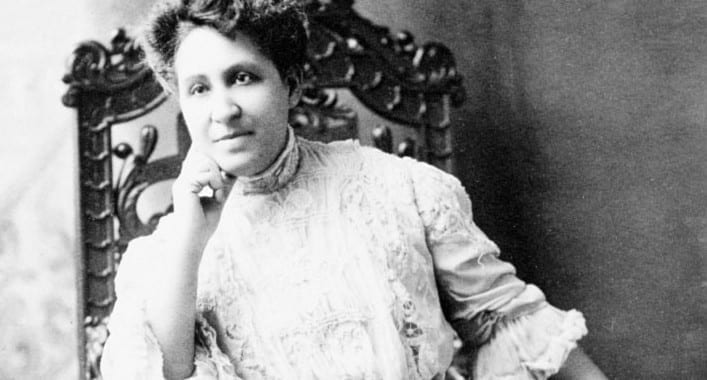
So, why does this matter today?
There is a dominant narrative about Black women playing out in popular culture right now that is dangerous.
If observed with an uncritical eye, you just might believe that Black women see each other as competition or as threatening. Even more problematic is the misnomer that a benign disagreement will lead to a physical altercation.
Yes, I know reality TV shows, in particular, often pit women against each other because drama sells. However, whose reality is this?
I don’t know about you, but I don’t fight my friends; yet, we have young people who watch these shows, internalize the message, and then behave accordingly.
Young girls see many of these images as examples of Black womanhood and it creates the misnomer that we can’t or won’t get along. And if you think it’s just TV, think again.
The one group that is being disciplined and suspended at the most alarming, disproportionate rate is Black girls and their number one offense is often fighting.
What if the narrative shifted and we saw each other as potential partners, collaborators, and supporters? Can you imagine how different our schools and our communities would be if our girls, from an early age, embraced their true potential?
What would it look like if they aspired not just for material comforts, but for greatness?
We must lift as we climb—not just as a slogan that makes us feel good about ourselves, but because it is in our cultural DNA. And that’s why learning about some of the dopest Black women in American history is so important.
We already have a blueprint. If they did it in 1896, what’s stopping us in 2017?
Dr. Tyra Seldon is a professional writer, motivational speaker, and the Founder and CEO of
Seldon Writing Group, LLC. She has worked with a wide range of clients ranging from Dr. Boyce
Watkins, Damon Dash, and Kenyatta Griggs to Freelancers Union, National Geographic and
OpenEd. Her articles often explore the intersections of race, culture, gender, and identity. She
can be reached at seldonwritinggroup@hotmail.com
